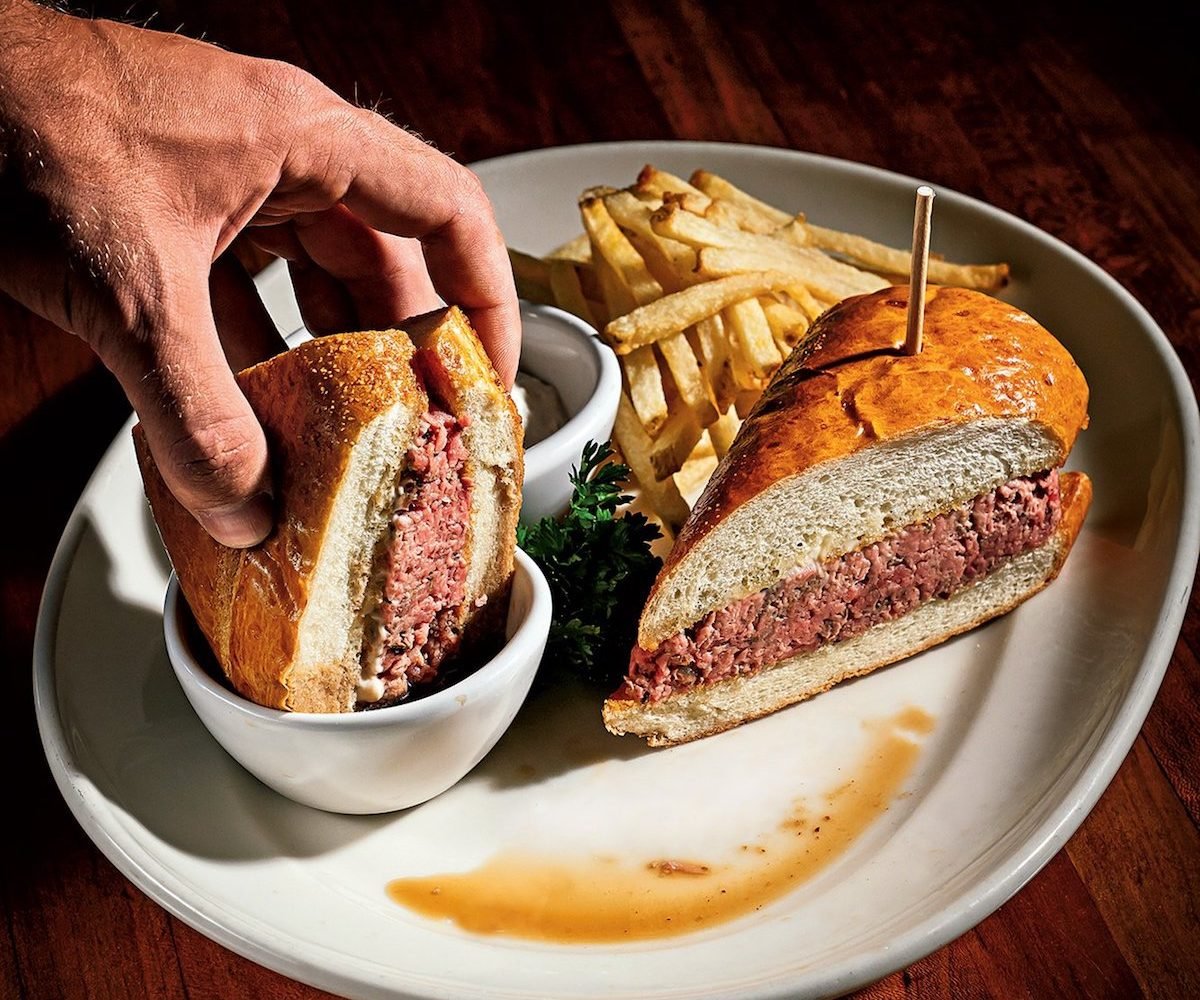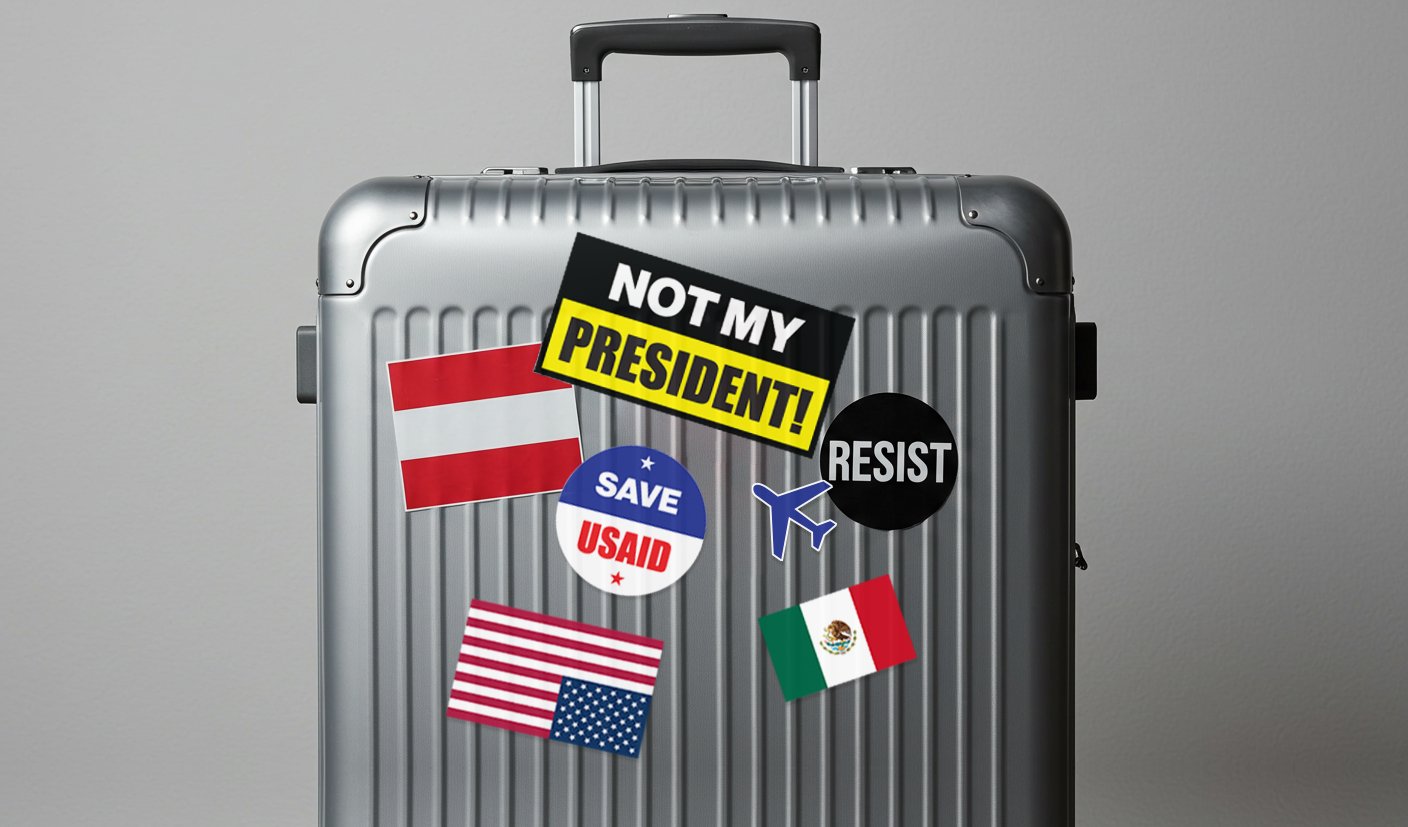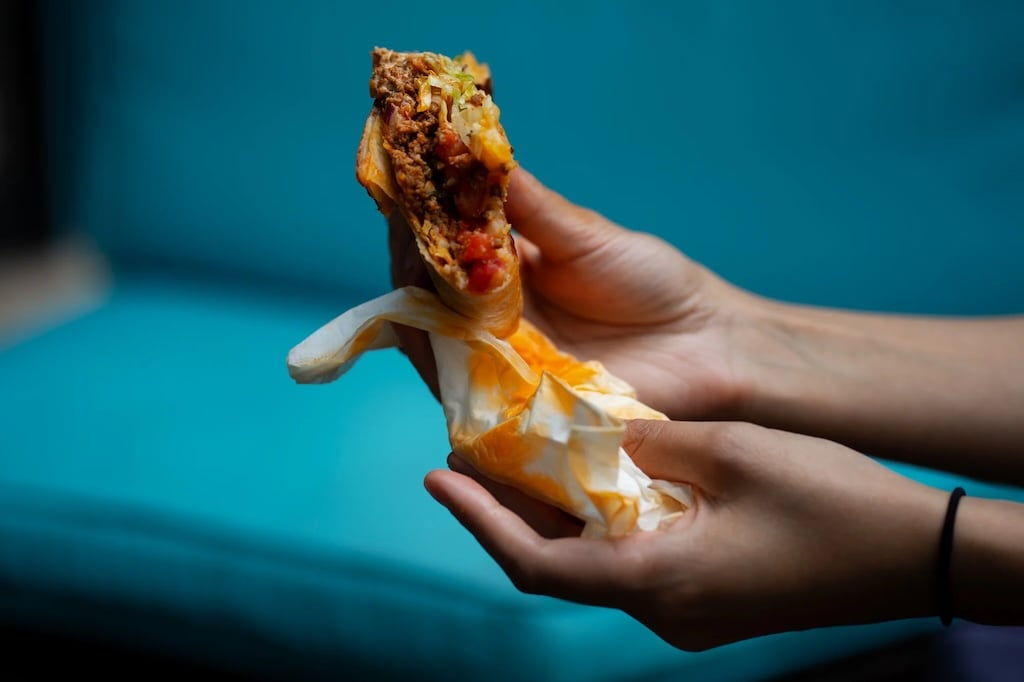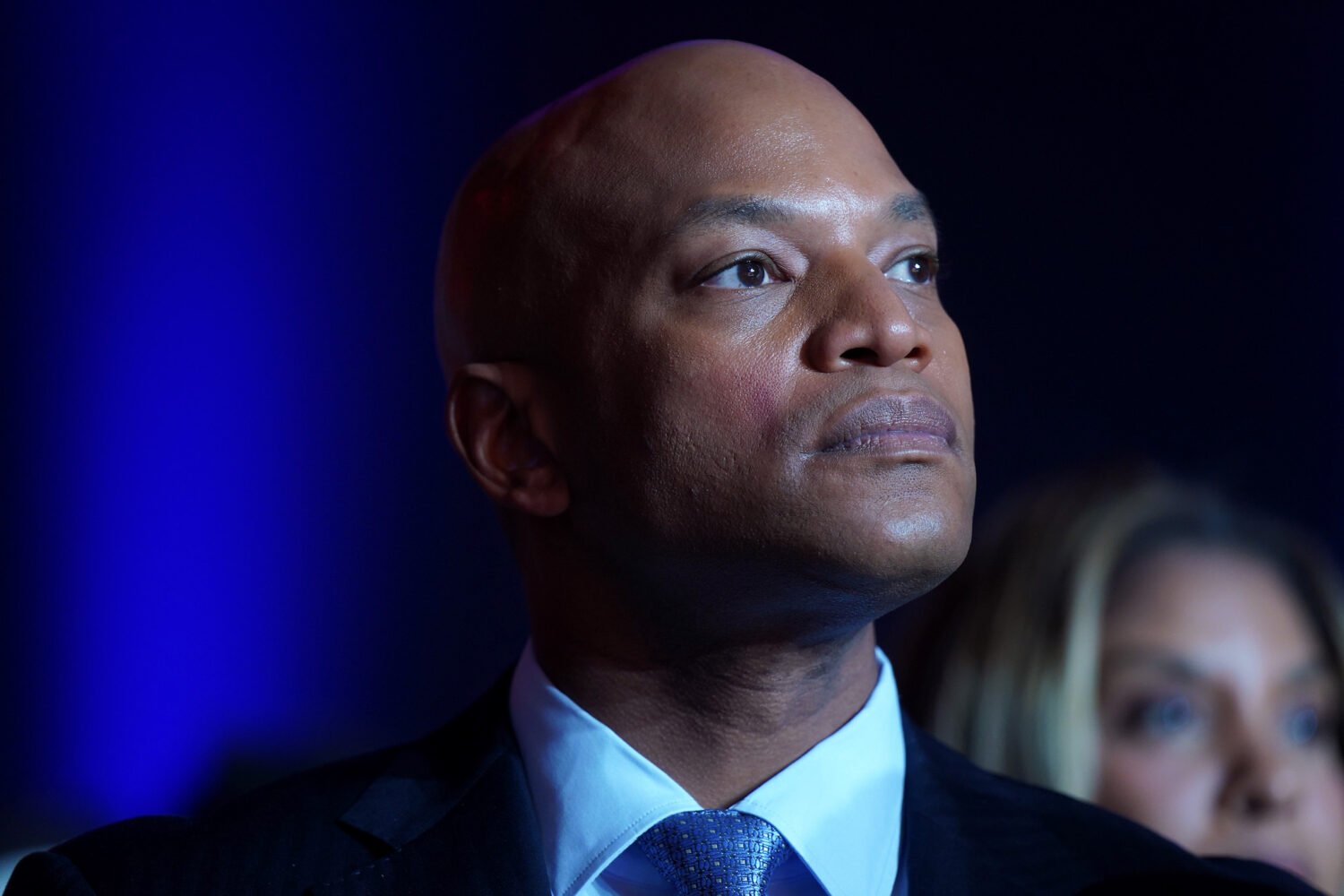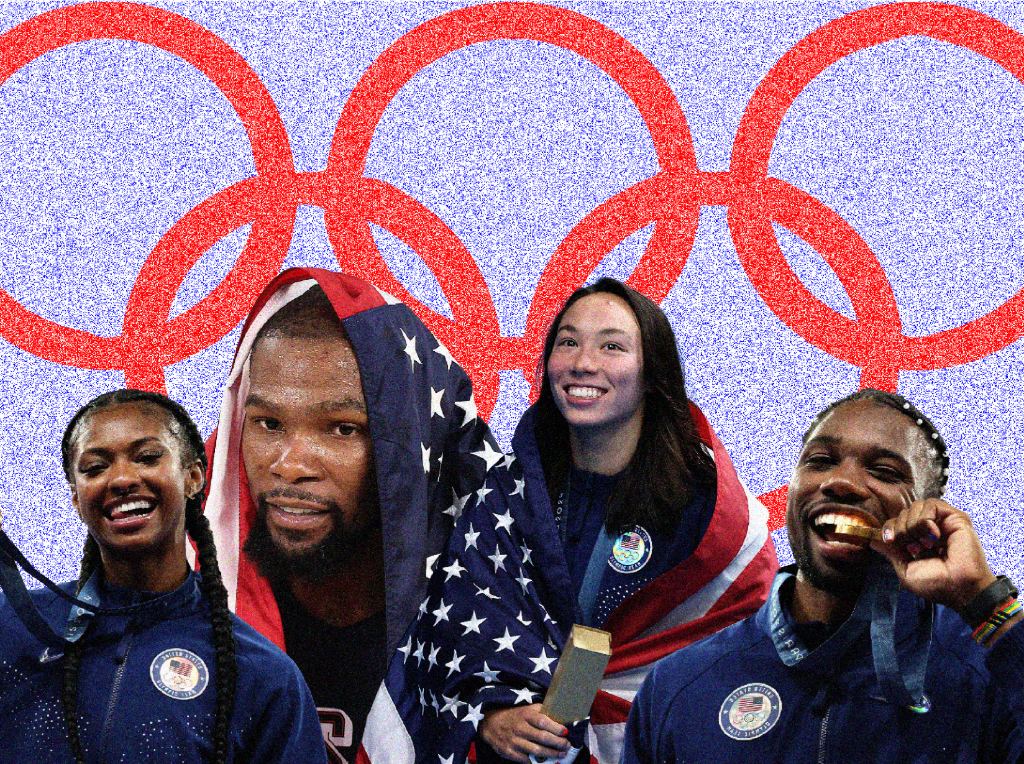It was easy to rationalize the purchase of a fur coat back in the day—in the 1950s, ’60s, and early ’70s. After all, we lived in Buffalo before the dawn of down, before Thinsulate, before global warming, even before PETA.
Once the temperature dropped below freezing, Mom’s sheared-beaver coat emerged from storage for daytime duty. It was a brown “swing” coat, and its color modulated from dark espresso to tawny cream with each step. It was mesmerizing—much nicer than the mangy, brown-and-white rabbit coat with the Joan Crawford shoulders that she’d had in her bachelor days. There was her mink coat, too, a salve rendered from Daddy for too many late nights at the office. One helluva peace offering.
All Mom’s friends wore fur coats: mink, lamb, lynx, rabbit, fox, beaver, or muskrat—whatever they could afford. Lucky preppies inherited raccoon coats from their parents. Short, fur car coats grew long as the cold days turned into frigid evenings. Bear-like, we went about our business.
On special occasions—those specifying black tie, as parties did then—mother donned her beautiful, soft, dark, full-length mink coat, with its shawl collar and dolman sleeves. Before leaving for these fancy grown-up parties, lustrous with Arpege, Joy, Shalimar, or Chanel No. 5, she would swoosh into my room and kiss me goodnight. As she bent over me, I inhaled her scent and petted the coat’s animal softness. Though it signaled an evening out, taking her away from me and into the night, I loved it. Before turning to go, Mom would open it to show me a secret—our secret. Intricately embroidered flowers, crested birds fanning their tails, and deep verdant vines covered the coat’s rich, brown-satin lining and there, near the heart space, was a monogram forever intertwining my initials with hers. I would kiss my index finger and reach up to touched it.
***
You could buy a nice fur coat at any one of the more high-end stores in those days—Berger’s, Teglers, Mabel Danahy, or Bonwit’s—but if you wanted personal attention, something different or something bespoke, you went to Joseph A. Palanker and Sons Furriers.
In 1972, when I was twenty, I reluctantly followed Mother up the beige-carpeted stairs to the Palanker and Sons salon, where we were fawned over with sweets and beverages, and furs were trotted out for our inspection. At my mother’s urging, I dutifully tried on a few of the more “youthful” coats. But, as always, Mom knew exactly what she wanted, and those coats weren’t it. She drew sketches of her vision, adding details until Mr. Palanker finally understood, and then she instructed him to make my coat.
I should have been overjoyed. Any other girl would have been, but not me. It wasn’t that I was ungrateful. I was ashamed. I was both undeserving and guilty.
Two months earlier, I had crossed the Canadian border with my boyfriend and a sandwich bag of marijuana and been arrested for possession of an illegal substance. My parents hadn’t even known I was back in the US until I phoned them from jail. The only thing they asked was “why?” but I had no answer. My self-respect and self-worth were ground down by the legal system but even more by the hurt I knew I had caused them.
Mother was right. The coat suited me. Ankle-length, red-dyed raccoon with a red-fox collar. Unbeknownst to me, she ordered a red-fox hat to match. Alone, the coat was beautiful, but the coat and hat together were transformative—as she had intended. When I wore them, I channeled Julie Christy as Lara in Dr. Zhivago, and for the first time in a very, very long time, I felt good. I felt strong, and I knew that in time I would become my own heroine.
I learned a lot from my mother. Over the next twenty years, while I was establishing a professional life in Washington, I kept learning from her. Of course, we weren’t always on the same page; often, we had venomous, vitriolic fights. She knew how to turn the knife.
One recurring thrust was my weight. She would phone and attack, like a gladiator hell-bent on blood. Before “hello” and “how are you,” she’d ask: “so, how’s your weight?” For years, she turned the crank, and like a wound up Jack-in-the-box, I eventually exploded. If I hadn’t been so furious, it would have been laughable. But despite all this, we spoke everyday, and I looked forward to it. She was my best friend.
***
My parents first met in 1944. Daddy—with his fair skin and blue eyes—hated the heat, couldn’t take the sun, and ventured outside only to get into and out of his air-conditioned car. So it was serendipitous that he was in Crystal Beach on the Canadian side of Lake Erie, cruising for girls, when he met my mother. Though she may have also been looking for love, my mother was simply a sun worshiper. Each year of their married life, they spent a week in Florida—mommy by the pool; Daddy closed away in some room, with a temperature approximating cryotherapy. It took forty-one years for Mommy to persuade my reluctant Dad to spend all winter in Florida. They would be “snow birds.” I was so happy for her.
So when they returned to Buffalo early, I knew something was terribly wrong. She hadn’t been feeling well. She went into the hospital. I booked the next flight and flew home for her surgery.
We’d known Dr. Feldman and his family for years. I’d had a crush on his son, Charlie, when we carpooled to dancing school. Dr. Feldman was short and well fed, and he smoked like wet wood—his cigar perpetually hung from the corner of his mouth like a dog’s tongue. We had a comfortable relationship. Bantering back and forth, we asked if he kept the cigar lit while he operated. But he wasn’t smiling when he found my father and me in the hospital waiting room, soon after my mother was taken into surgery. Inoperable, metastasized, stage-four ovarian cancer. Dad knew it was bad but not how bad. He went to her room. I collapsed into a friend’s arms outside the hospital.
I can remember most of the doctors who treated my mother over the next two and a half years, but despite my efforts to recall him, I have totally blocked out her oncologist—no face, no name, and no recollection of the way his office looked. I think it’s because his prognosis, so at odds with Dr. Feldman’s, put me into a state of suspended disbelief. He told us that, with chemotherapy treatments, Mom could count on living out her natural life. Daddy never questioned the oncologist—doctors were gods—so I undertook the management of her health care.
I felt confident. Living in Washington provided access to some of the best doctors in the country, what with NIH, the National Naval Medical Center, and Johns Hopkins all nearby. What couldn’t be done in Buffalo could most certainly be done here.
So I set off to determine whether the disease was hopeless or treatable. My internist, who I trusted completely, agreed to translate, and the biopsy results, blood counts, proposed therapy, temperature levels, and other reports were sent to him.
Dr. Feldman was right. There was nothing to be done. But I couldn’t help myself. I lied. I lied to myself, but worse, much worse, I lied to my mother. On the evening before her second chemotherapy treatment, I walked into the living room and found her sitting in the dark on the edge of my dad’s big, upholstered chair, alternately twisting and clenching a fistful of tissues. She wouldn’t look at me. She knew.
“I can’t,” she said. “No more chemo.”
I knelt on the rug, imploring her to continue. “Mommy, you can’t give up. It’s going to be okay. You’re going to live a normal life, a long life.”
The lie hovered, and after a few minutes, she looked down at me. In her hopeless, sunken, dull-brown eyes, it was clear that her resolve had disappeared.
“Okay.”
I knew she was only doing it for me. And I let her.
***
The chemo did help, at least for the next year. The beige satin dress and turban she wore to my wedding hang in my closet. Our wedding video catches me gasping in awe as she enters the room. Buzz cut or no, she dazzled, resplendent in her role as both Mother of the Bride and Matron of Honor. I have kept both our dresses, reminders that we stood shoulder-to-shoulder as I became a wife.
Then the chemo stopped working, and by the second year, my parents’ bedroom resembled a hospital room. Dad, never able to stand the sight of blood, became skilled in administering medications and emptying bags of fluid. I learned to recite weekly flight schedules between Washington and Buffalo and the phone numbers of each of her doctors. I was in Buffalo every other week, sometimes more.
Buffalo winters are notoriously bad, with cutting winds and biting cold that come off Lake Erie. When the weather was really brutal, I wore her mink. To me, she had always seemed so big, but the first time I put it on, like a miracle, it fit.
Mommy never complained nor felt sorry for herself. Never. Every time I asked how she was, the answer was always, “not too bad.” Even at her sickest, towards the end, she remained true to type. I wasn’t certain whether she understood when I told her that I was finally pregnant. After a few minutes, she mouthed something. I couldn’t hear it, so I bent over.
“Mommy, what did you say?”
“I told you to lose weight before you got pregnant.”
At the end, after the do-not-resuscitate order was signed, we sat quietly at her bedside. She was so medicated and so sick that she could barely ask for water. Against the Dr.’s orders, we fed her popsicles. My dad and I took turns going to the cafeteria, stretching our legs, and going home to sleep. We never left her, not for a day, not for a minute. She kept waiting.
I could see the toll this was taking on my dad, and I finally suggested we see a movie. Moonstruck with Cher and Nicholas Cage had just been released and was playing at the Boulevard Mall Multi-Screen near the hospital. As we left her room, I turned around to say, “I love you.”
She raised her head. “I love you too.”
Those words were her last gift. That night, I was sleeping soundly and didn’t hear the phone ring. Daddy woke me up. It was time. We made our last trip to the hospital. She never regained consciousness. Remembering the initials embroidered in the heart of her coat, I intertwined my fingers with hers and held her hand through her final breath.
I like to think I am my mother’s daughter. No matter what, I wrap my children in that fierce love the way she taught me. I miss her and still grieve. That will never end. But every time I wear her mink coat, I am once again enveloped in her love.
Barbara Silverstein is a retired attorney, gardner, and mother of two, who lives in Chevy Chase.


